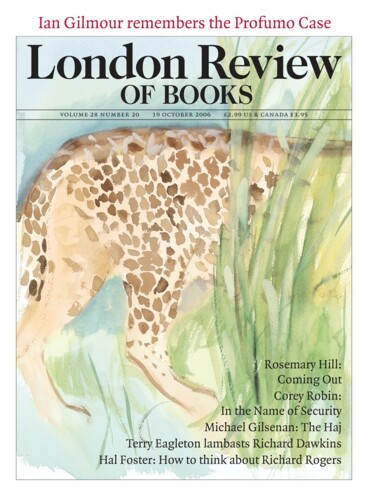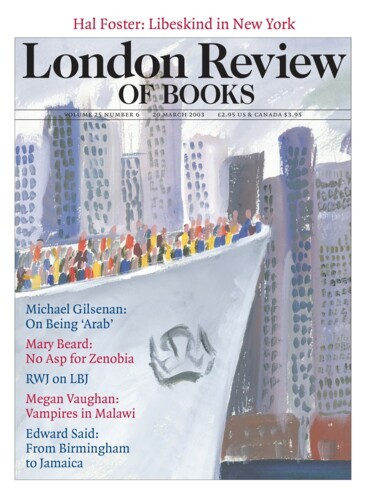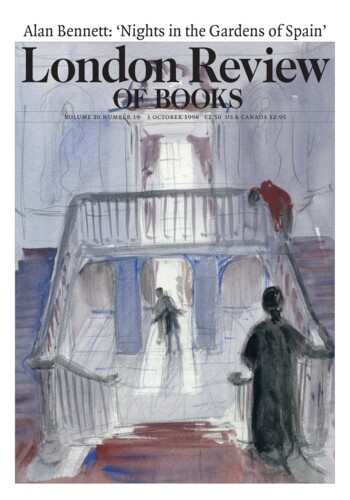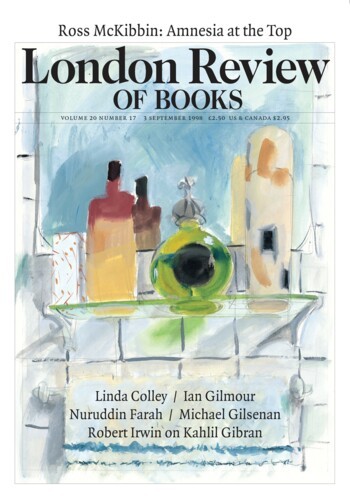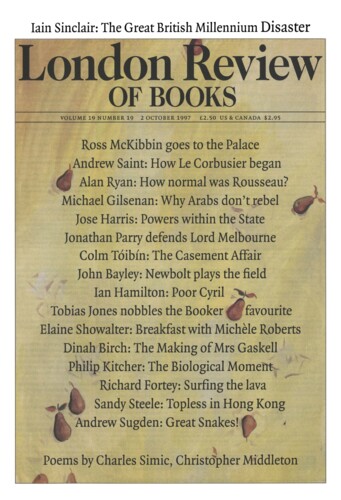And you, what are you doing here? The Haj
Michael Gilsenan, 19 October 2006
Pilgrims must be organised for the pilgrimage according to all the appropriate state classifications of residence and place of origin, just as later in Saudi Arabia they will live in areas arranged by nationality. And pilgrims should pay a little baraka along the way. If they do, then they have no registration problems and can fulfil the conditions of the Royal Commission on Pilgrimage and Umra (shorter visits to Mecca that Muslims can make at any time of year). If they do not, and Hammoudi again does not grasp this early enough to save himself a lot of trouble and many, many days of effort, then, naturally, nothing happens. . . This is all part of learning what it is to go on a modern pilgrimage. You have to learn about bureaucracy and corruption, to discover what it is to be ruled by those who guard the ways to salvation, to know how to wait, to submit: ‘The point was to await the awaiting.’
